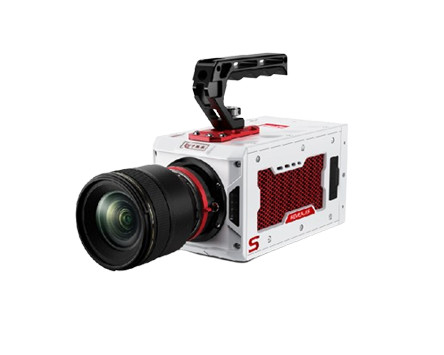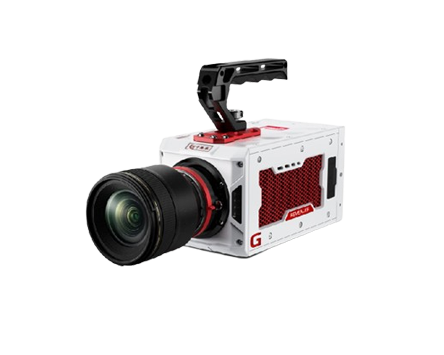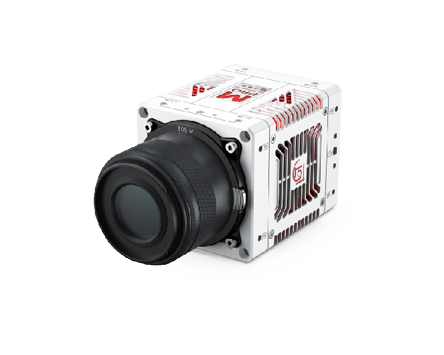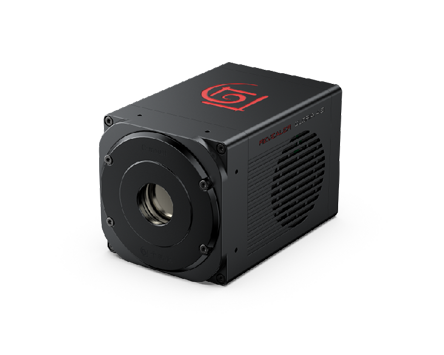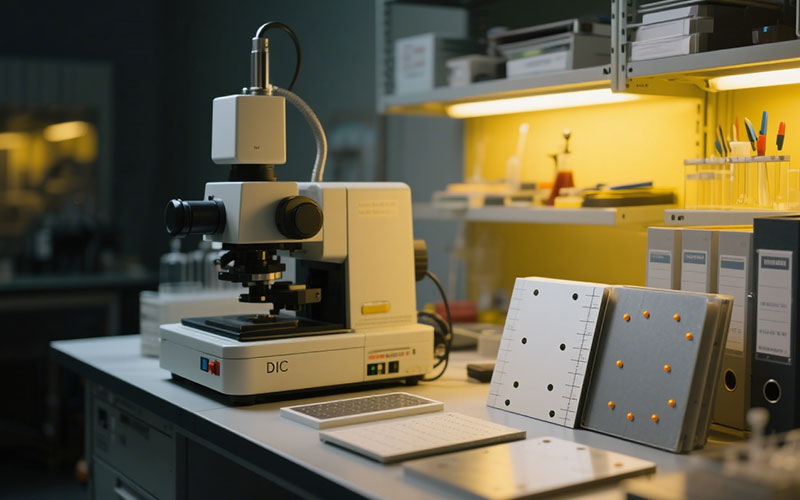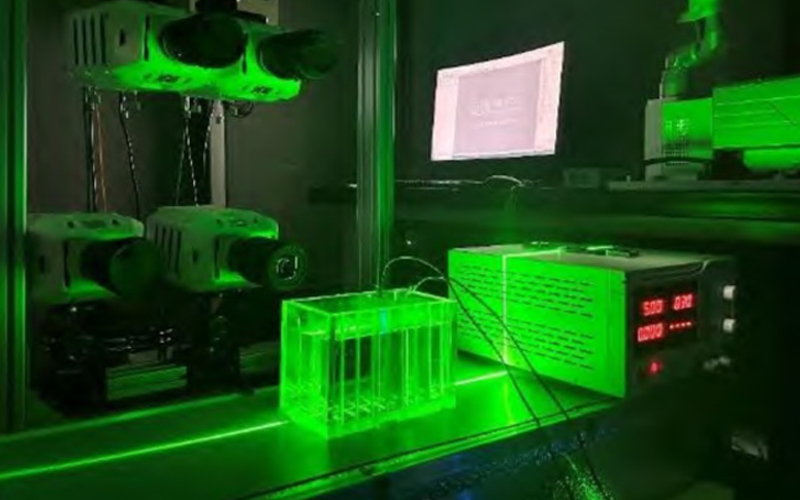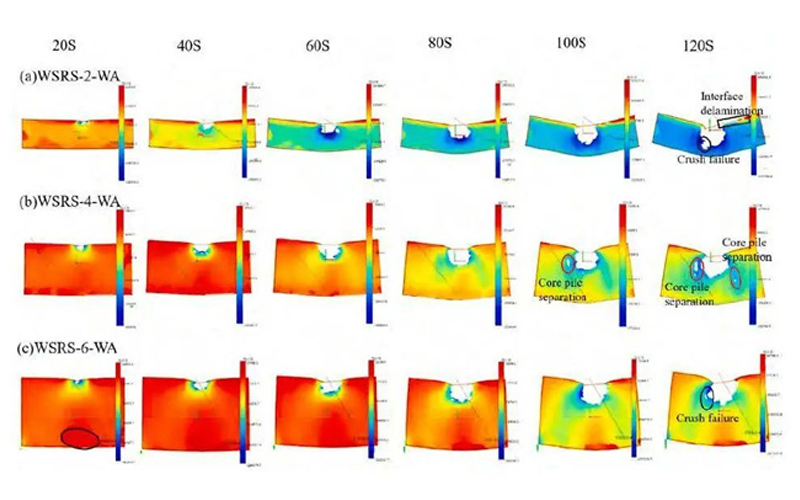
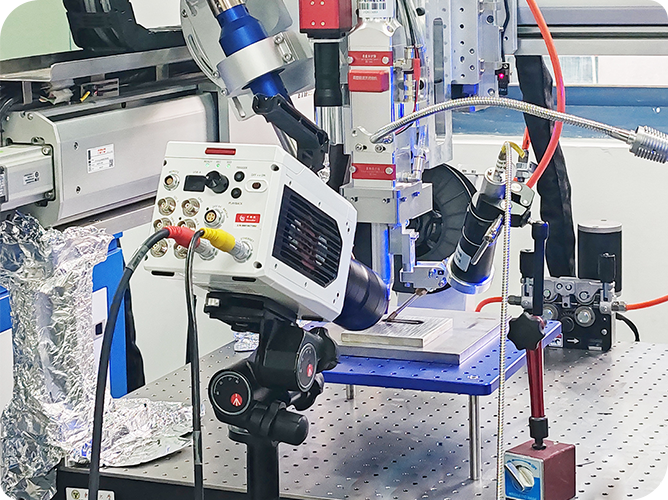
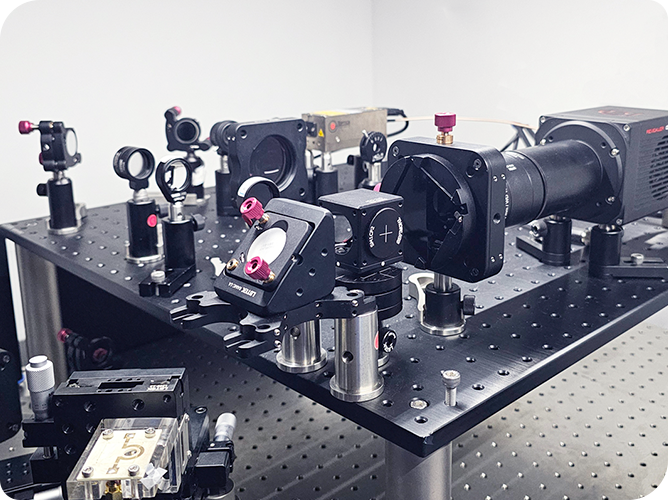
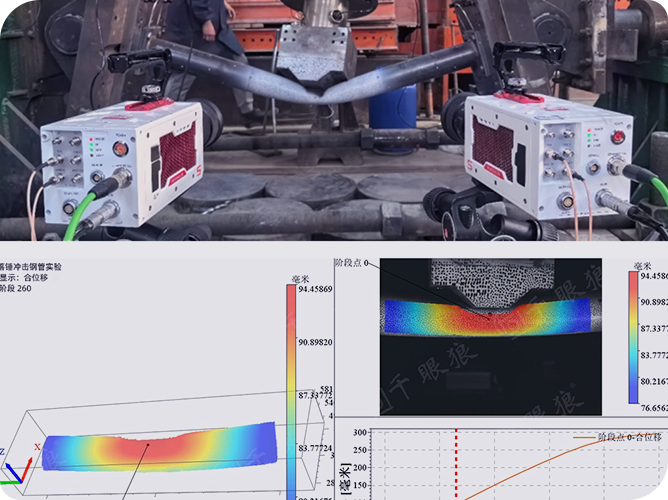
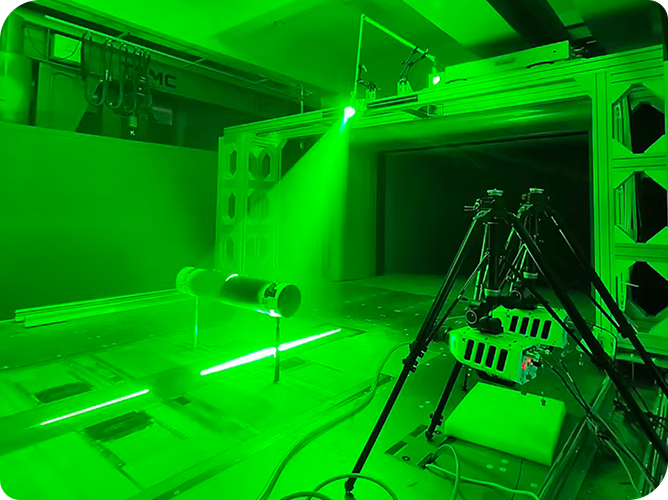
Integrate the latest deep learning segmentation model and background segmentation technology
Support real-time analysis and display of velocity field
Support POD decomposition method to achieve time-space decoupling
Integrate PTV particle tracking algorithm
Possess tomographic PIV technology to study complex flow field structure
1280×1024 @25000fps, PIV inter-frame interval 250ns
2560×1920 @2000fps, PIV inter-frame interval 300ns
5120×4096 @36fps, PIV inter-frame interval 200ns
High-speed camera, a microscope of space and time, magnifies the time scale, observes flow patterns, identifies laminar and turbulent areas, and captures transient sequence images of fluid flow for subsequent PIV particle image cross-correlation analysis. Observe the starting point and stability boundary of turbulence.
Based on particle image velocimetry technology, the captured transient sequence images are used to predict the occurrence of turbulence using direct numerical simulation DNS, Reynolds average simulation RANS, large eddy simulation LES and other methods. Calculate the flow velocity, velocity profile, and turbulence intensity in multiple vector directions to analyze its flow characteristics.
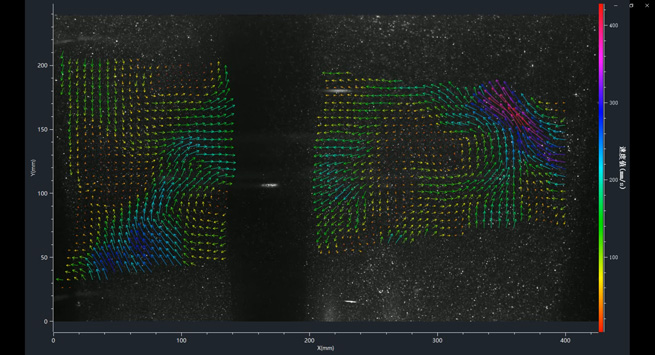
High-speed cameras can capture transient phenomena of water and liquids under pressure and temperature changes, such as cavitation, stratified flow, wake flow, etc., collect sequence images of ∆T time, and support image post-processing.
PIV measurement software visualizes the velocity field and vortex structure of the measured object, cavitation flow, bubble or droplet morphology, dynamic indicators, etc. underwater and in and out of water.
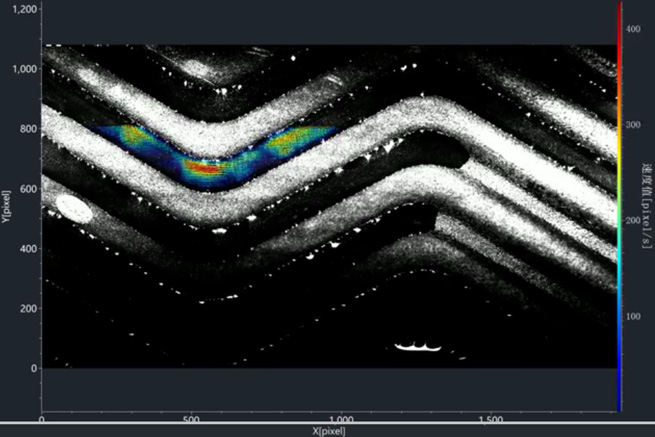
High-speed cameras capture micro-nanoscale high-speed flow phenomena, such as the flow morphology of liquid film formed by microjet/droplet impact, the generation and collapse of bubbles, and the high-speed mixing of two different fluids in microchannels.
The micro-piv system developed by Qianyanlang consists of a piv high-speed camera, light guide arm, laser, optical platform, customized optical path, and Rflow particle image velocimetry system software. It supports the measurement of microchannel flow velocity vector field, and the color cloud map visualizes kinematic parameters such as vorticity, rotation intensity, Q criterion variable and structured vorticity.
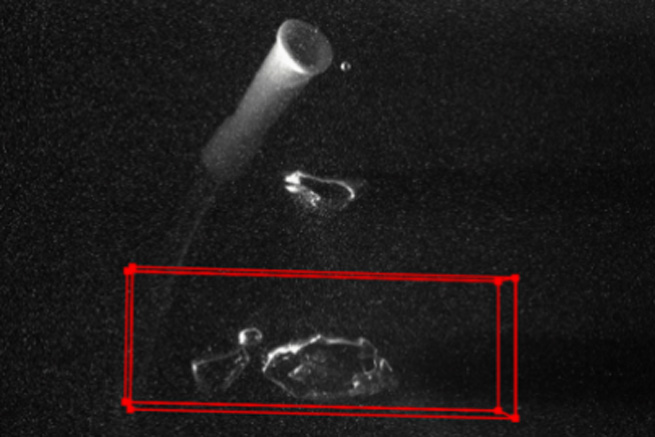
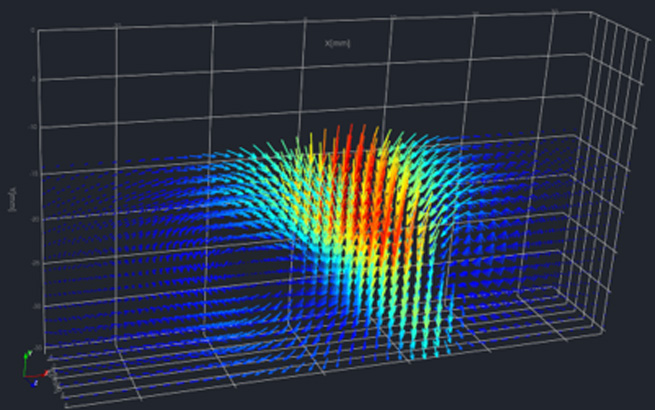
The exchange of mass, momentum and energy between phases at the interface is usually high-speed and complex. The Thousand Eye Wolf ultra-high-speed camera captures the transient motion process at high speed and replays the characteristic phenomena at slow speed, which helps to understand the phase transition mechanism.
Integrating traditional piv technology and reconstruction technology, based on the multiplication algebra method, it can perform three-dimensional cross-correlation calculation on the reconstructed particle distribution at two adjacent moments, reconstruct the three-dimensional complex flow field of two-phase flow, fit the velocity isosurface, and support the use of Q criterion to calculate vortex structure, etc.


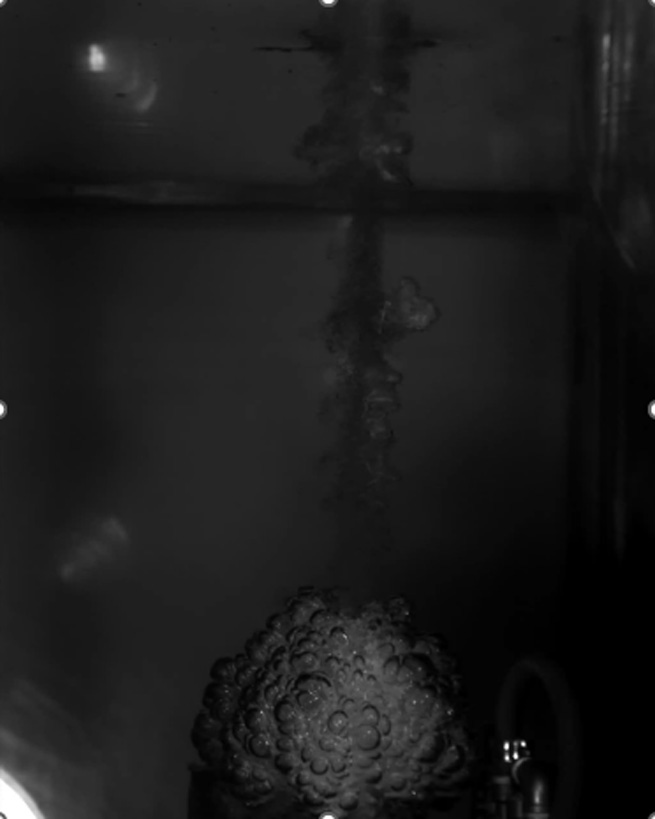
Capture transient phenomena such as shock waves, bubble generation, pulsation, and collapse generated by explosions.
Visually track the pulsation process of bubbles and support the measurement of bubble morphology and dynamic indicators.
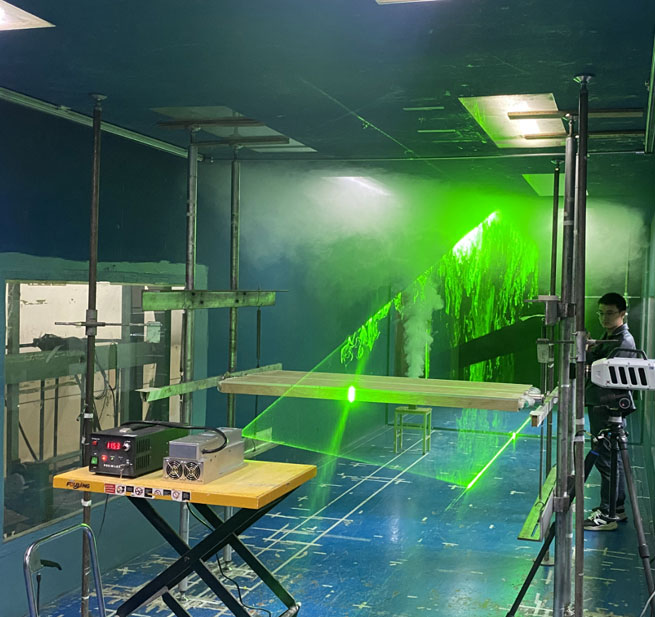
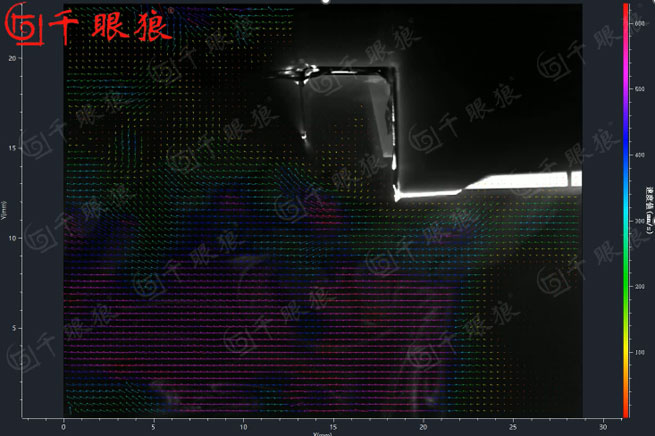
High-speed cameras are used to capture aerodynamic phenomena of moving objects under trans-supersonic wind loads.
High-temporal and spatial resolution piv systems can calculate parameters such as velocity and turbulence intensity of the airflow field of moving objects, and verify the accuracy of computational fluid dynamics (CFD) simulation results.
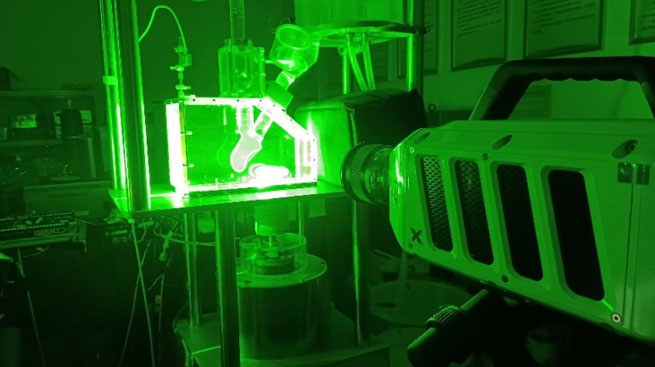

Capture transient phenomena such as hot fluid-bubble generation and bubble collapse in heat dissipation fluid machinery, and observe and locate the inducing factors of bubble dynamics behavior such as jets.
With high-speed camera technology, piv can visualize the flow field inside fluid machinery and provide researchers with flow velocity, vortex, temperature, and density information.
The Qianyanlang PIV Fluid Measurement Laboratory is one of the research and development bases built by Zhongke Vision with reference to the standards of fluid mechanics laboratories of key domestic universities. It consists of a wind tunnel experimental device, a water tunnel experimental device, and a vortex field display and measurement teaching demonstration platform with airfoil/cylindrical bluff bodies, covering an area of 200m². The laboratory has a professional technical support team of more than 40 people, including 7 doctors, and provides system-level solutions based on high-speed photography, particle image velocimetry, and deep learning, which are open to researchers from universities and research institutes.
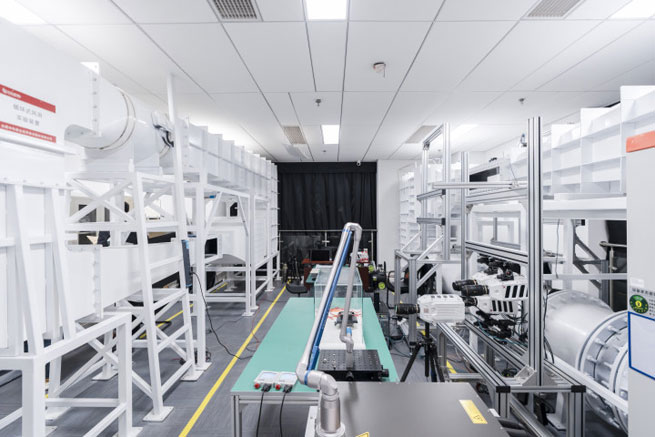
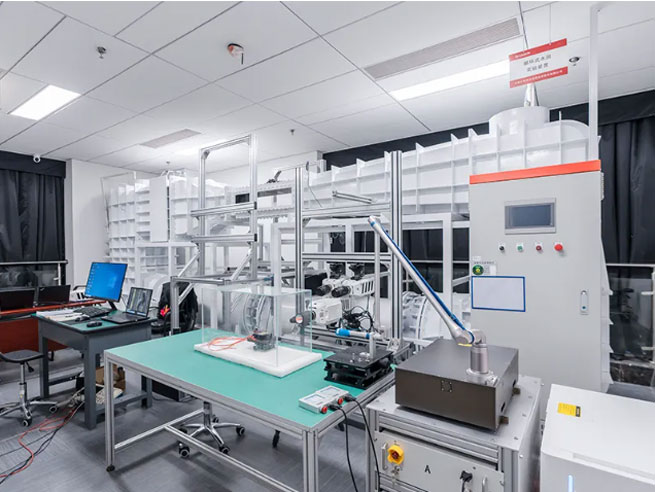
The DC suction wind tunnel design has an experimental section size of 0.25m×0.25m×0.7m, a design wind speed range of 4~50m/s, and a turbulence degree of ≤0.7%. It is used in the study of building loads and flow field characteristics, wind turbine aerodynamic characteristics, and atmospheric boundary layer characteristics.
Vertical power cycle design, the experimental section size is 1.2m×0.3m×0.3m, the designed flow rate range is 0.1m/s~5m/s, and it has variable frequency speed regulation function. It is used in visualization experiments in hydrodynamics to study water cavitation, water elasticity, turbulent wake, fluid machinery and other hydrodynamic phenomena under low Reynolds number.

